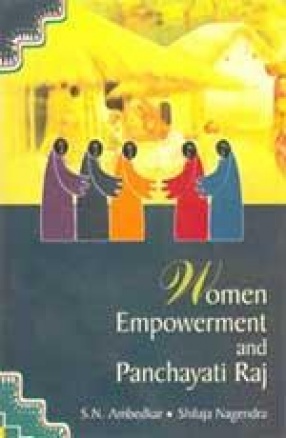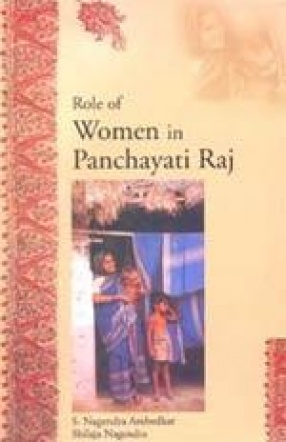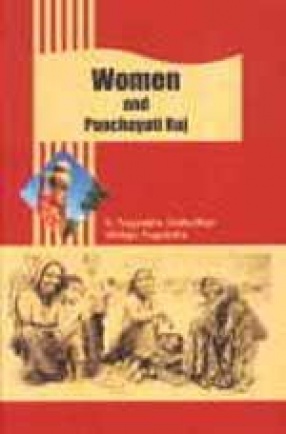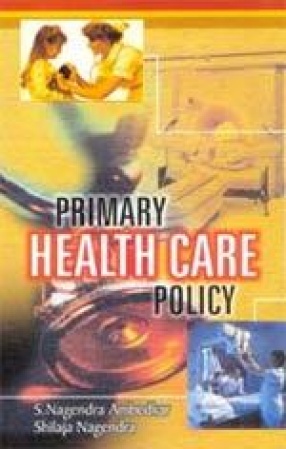
Showing all 6 books





Panchayati Raj institutions have always been considered as a means to good governance and the sentry third constitutional amendment was effected in the hope that it would lead to better governance. Consequent to the seventy third constitutional amendment act, state government have elected bodies at the village, intermediate and district levels, with adequate representation from the weaker sections and women. The present work concerns itself with the functioning ...

The empowerment of Rural Women is crucial for the development of Rural Bharat. Women’s equal participation in decision making is not only a demand for simple justice or democracy but can also be seen as a necessary condition for women’s interests to be taken into account. Without the active participation of women and the incorporation of women perspective at all levels of decision making the goals of equality, development and peace can not be achieved. ...

Health is a basic need along with food, shelter and education. The health status of a population is now considered an important indicator of development and health is increasingly being seen as a development issue rather than just medical one. Health interventions can lead to economic growth and reduce inequity in developing countries. Health care can be divided into a number of different branches. Conventionally, these include hospital care, primary care and ...

Empowerment of women is critical to the socio-economic progress of the community and bringing women to the mainstream of national development has been a major concern of the government. The seventy-third Constutional Amendment was effected in the hope that it would lead to better governance and provide political space to the disadvantaged sections of society like SCs, STs and women. The presence of women in large numbers in Panchayati Raj Institutions will not ...

Policies of affirmative action--subsidies and scholarship, reservation of government jobs and special political representation--for the low castes were instituted by the British India, Sri Lanka, Malaysia and other colonies and have grown enormously since independence. India may well have the largest affirmative action programme in the world. Lelah Dushkin observed in 1957 that probably no where in the world is so large a lower class minority granted so much ...

Women's well-being depends on their empowerment--Social, cultural and political. During less than three decades, the transformation of women's consciousness and of societal values in most societies have resulted in fundamental consequences encompassing political power to the structure of personality of women. This book addresses the issues in women's empowerment by exploring the conditions, actions and accomplishments of women. The countries considered in the ...
